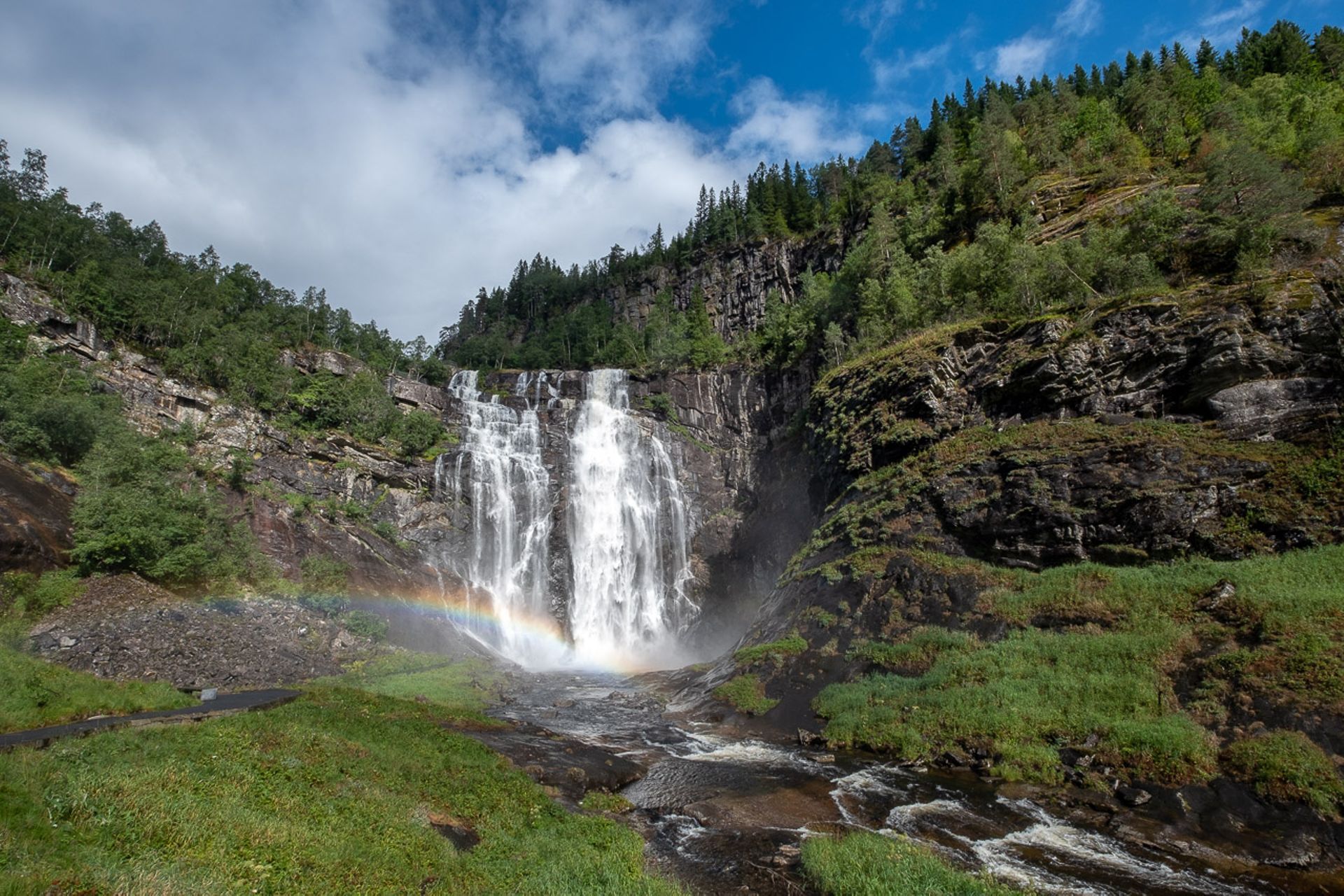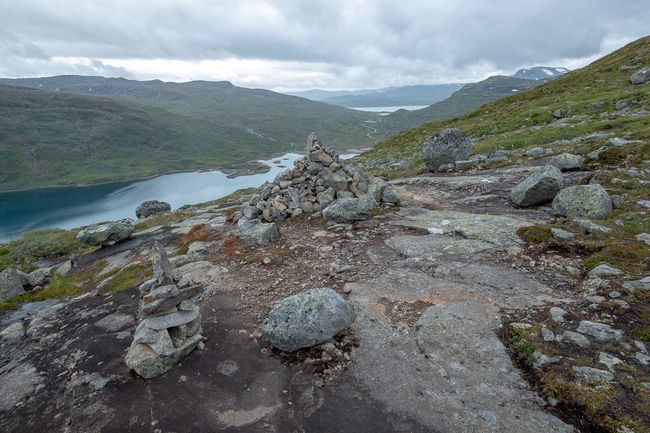Day 17 - Namsskogan Wildlife Park
יצא לאור: 15.08.2018
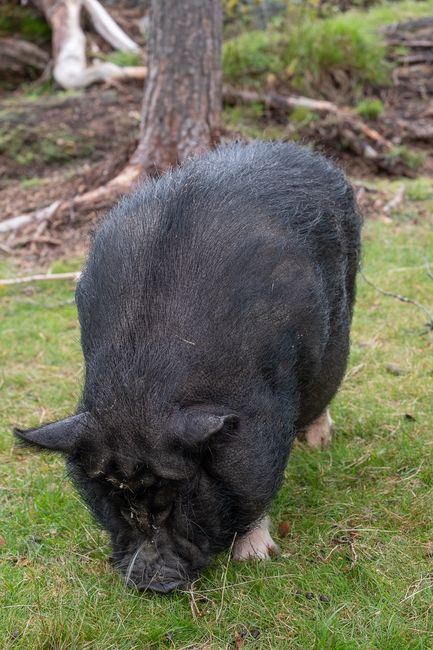
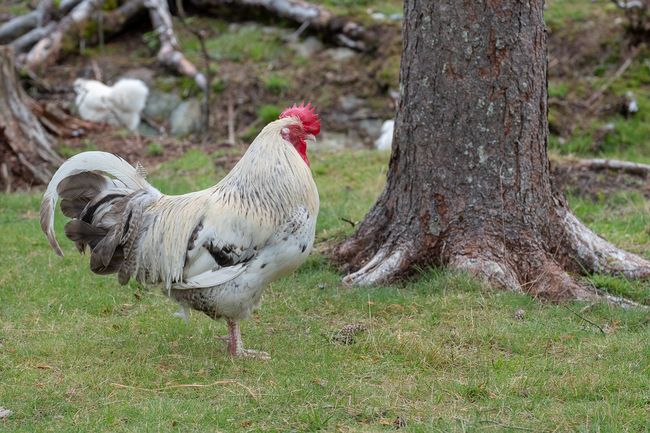
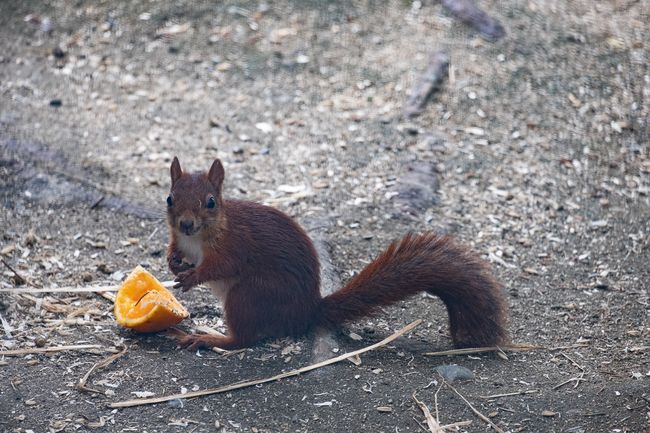
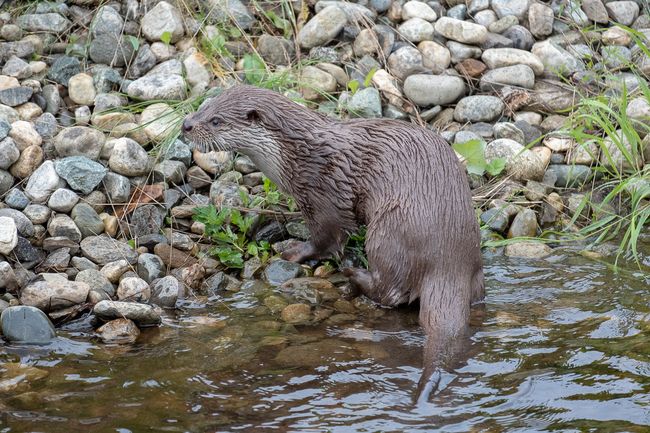
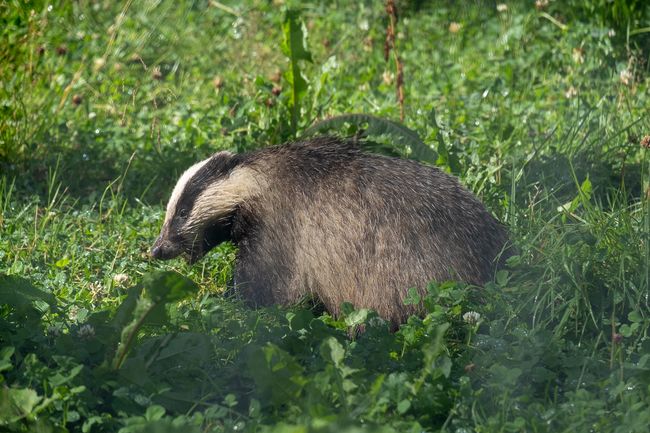
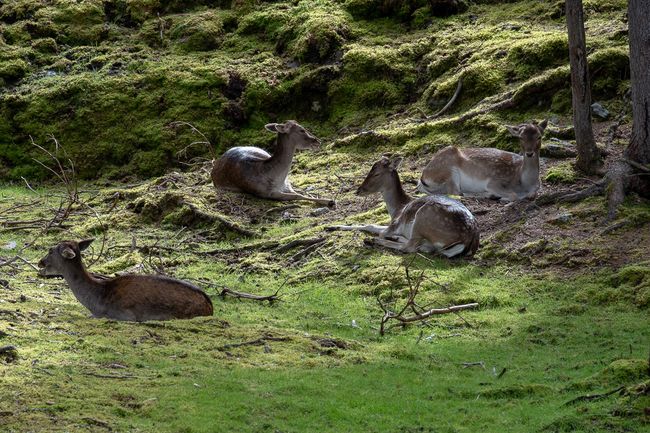
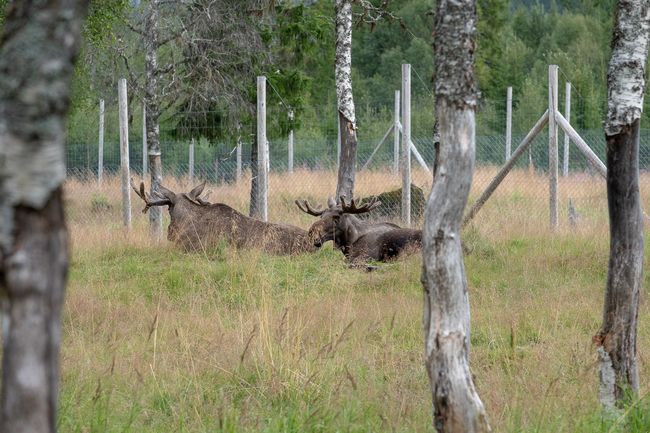
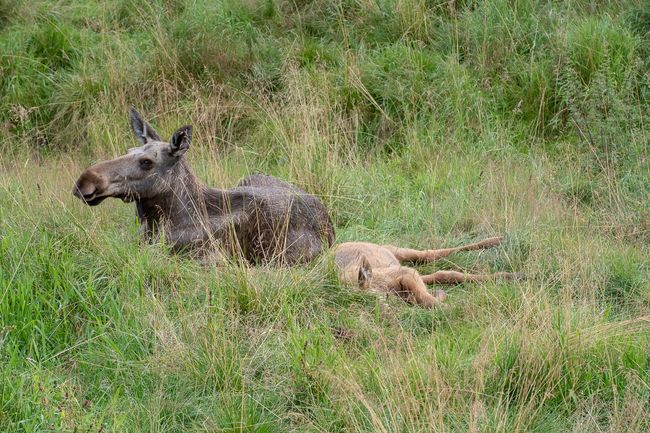
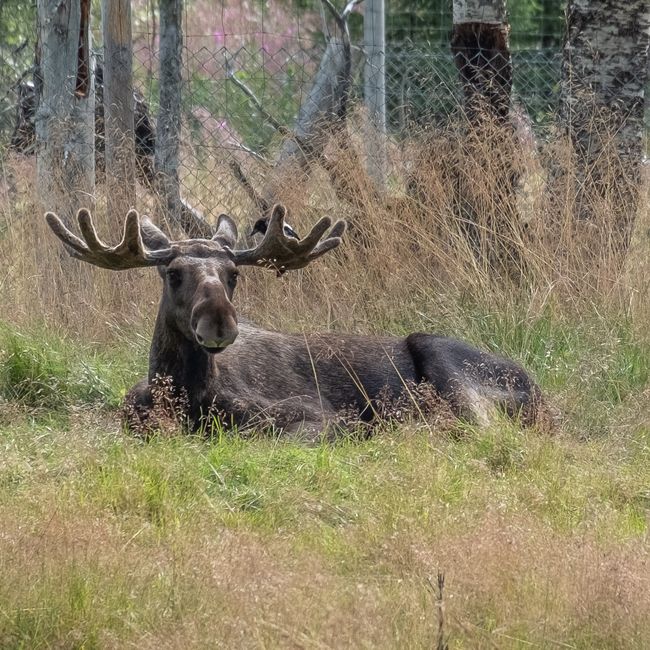
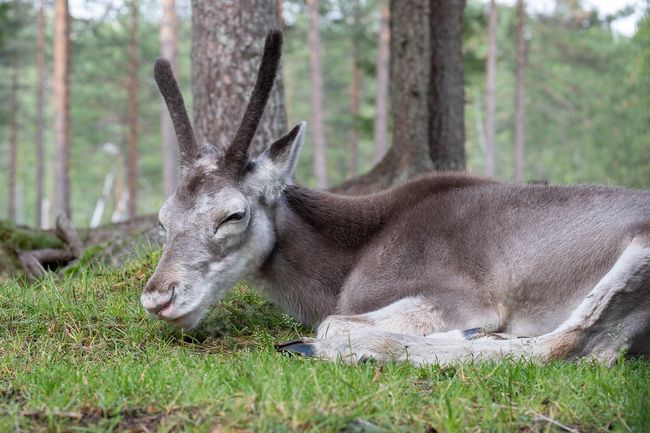
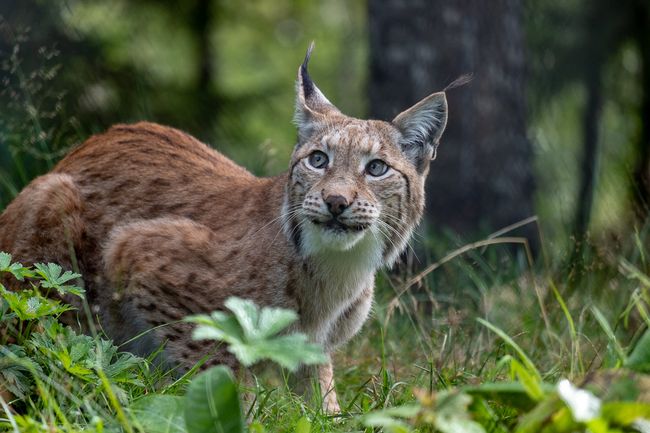
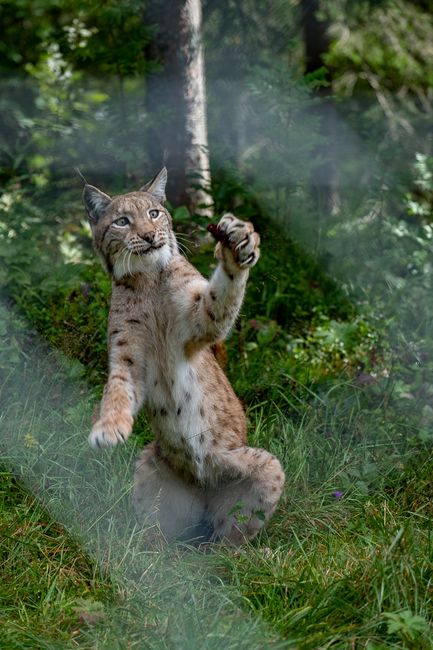
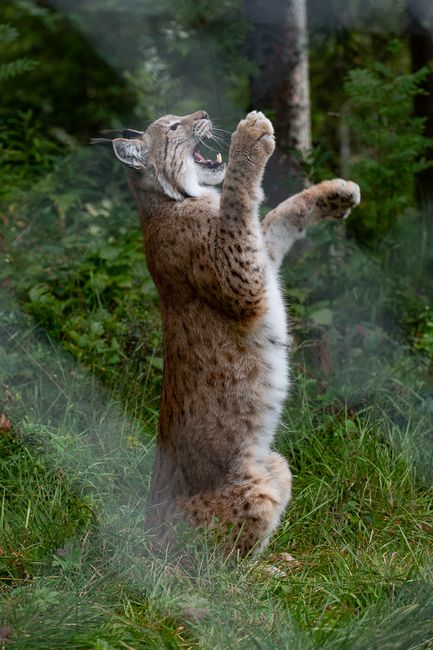
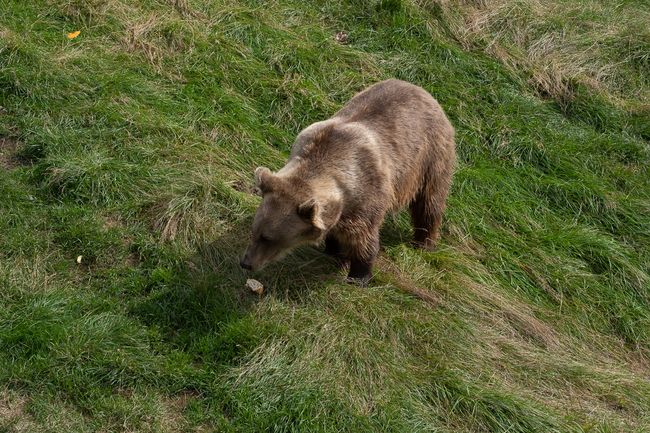
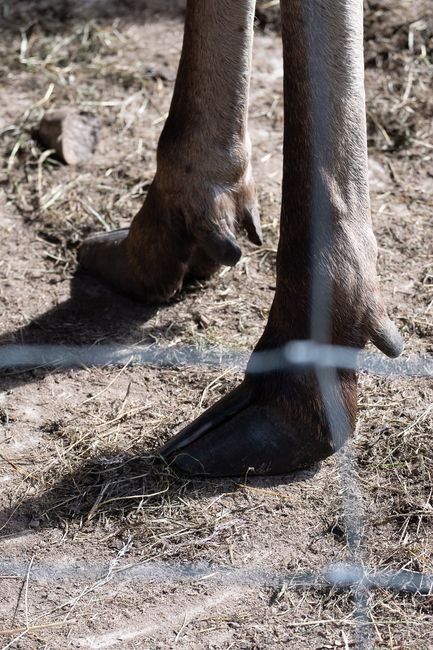
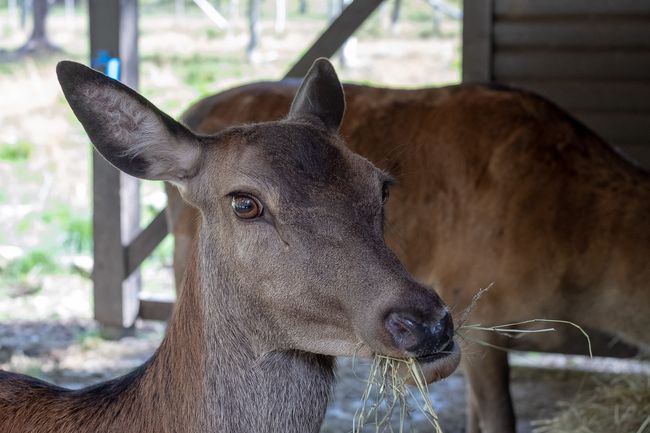
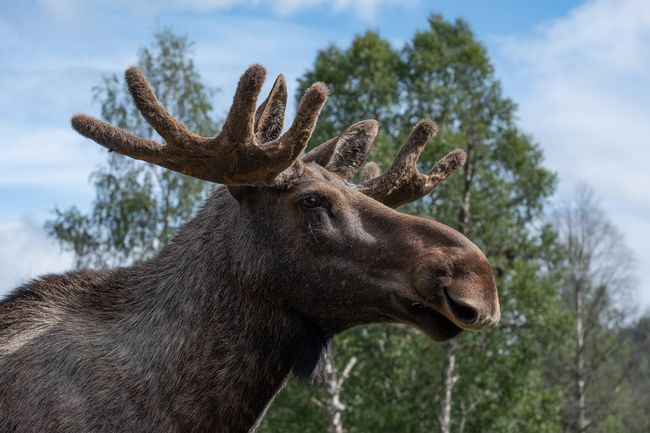
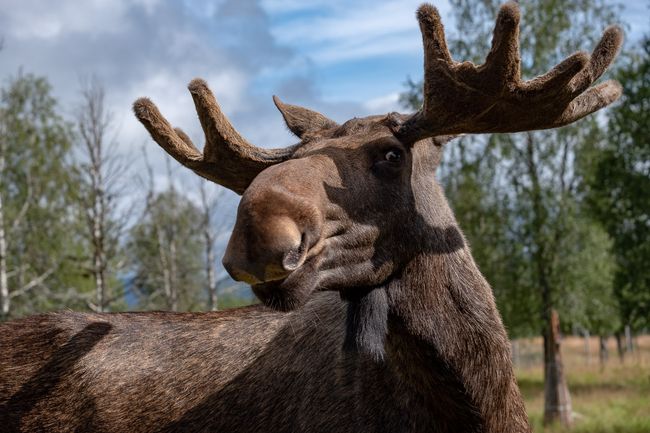
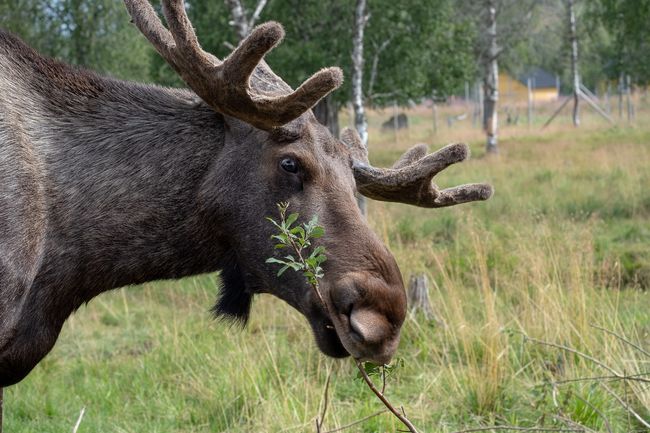
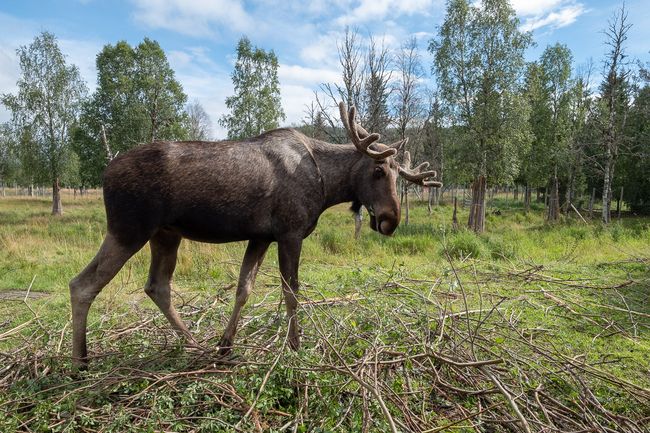
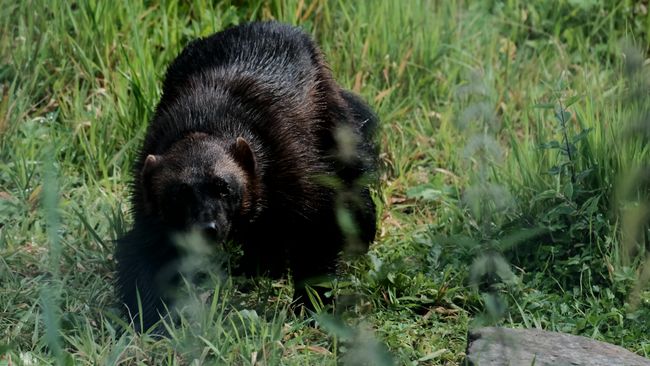
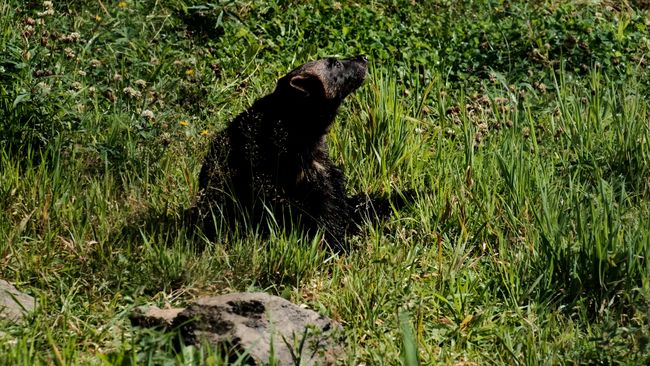
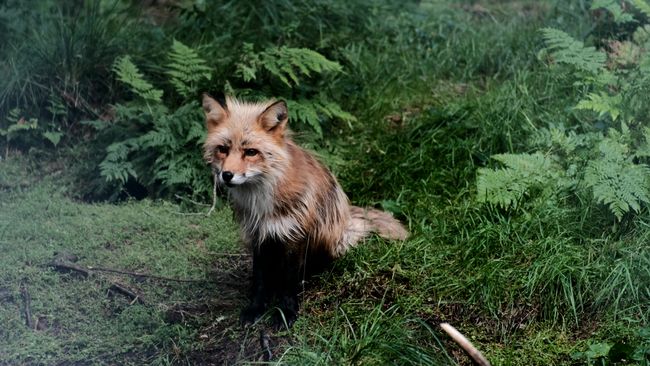
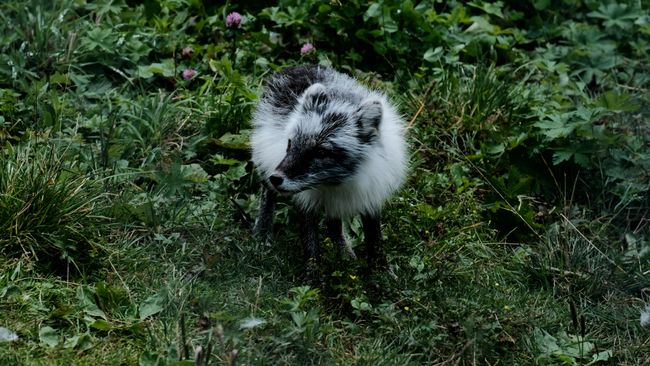
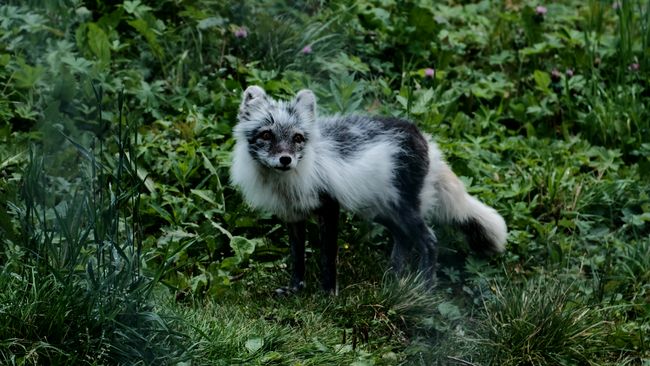
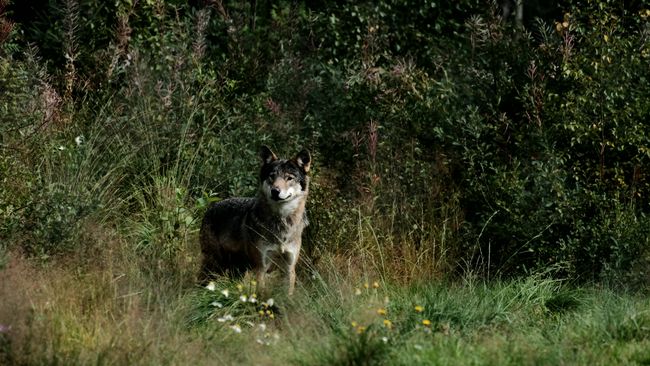
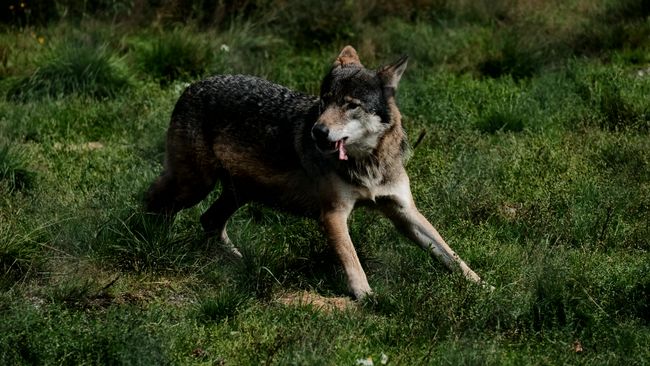
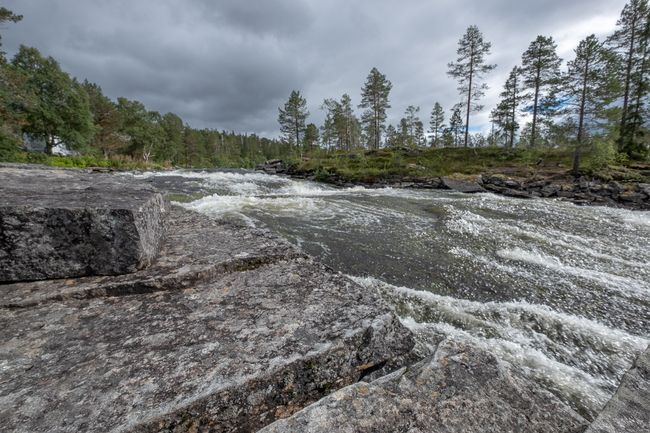
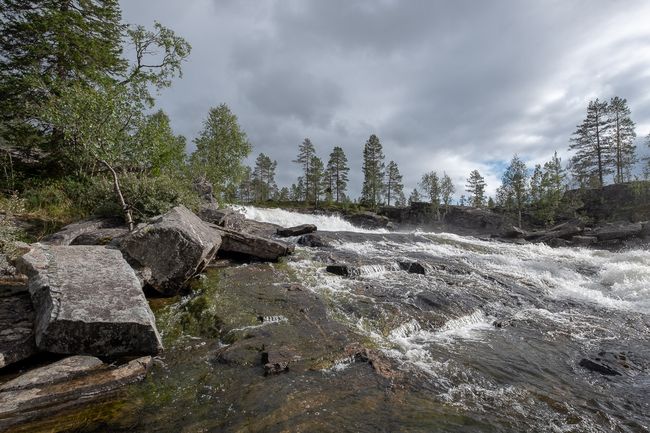
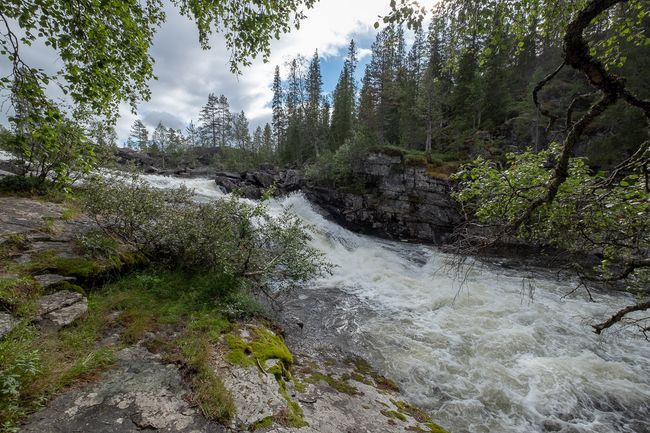
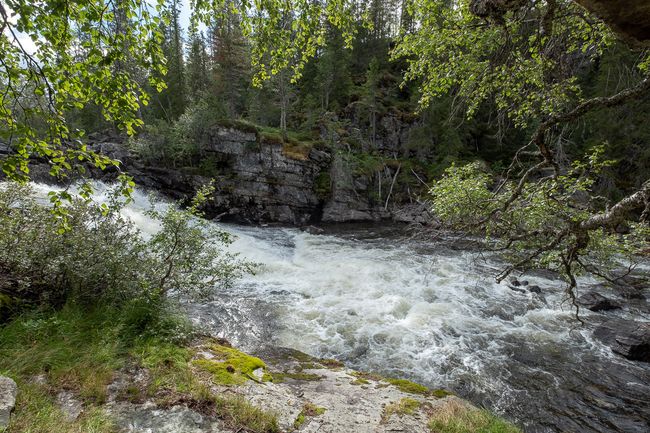
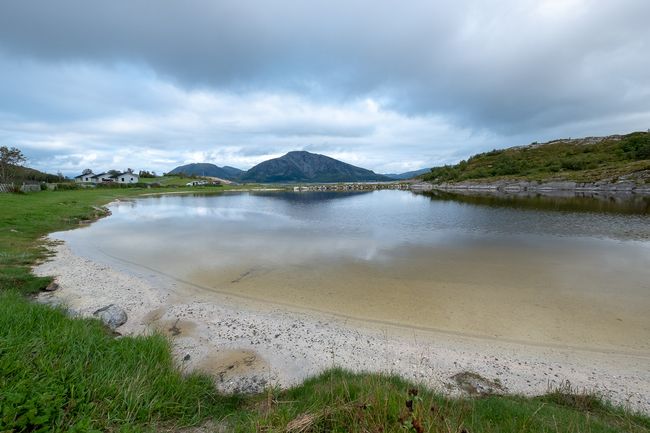
הירשם לעדכונים
Today we visit the Namsskogan Family Park. This is a kind of zoo where you can see the wild animals of Scandinavia, with a few activities for children on the side. Basically, I'm not a fan of seeing wild animals locked up in cages or enclosures that are too small. But for us, it is probably the only opportunity to see animals like the moose up close.
The fenced areas for the different animal species are quite spacious, in terms of their area, and they are basically in their natural habitat. However, they are limited by fences. It leaves me with mixed feelings.
On the way there, we unexpectedly have the honor of seeing a moose in the wild. About 10 meters from the road, a moose cow stands in the low foliage and chews away. I would have missed her, but fortunately the driver spotted her. It's actually unusual, but possible with the thin traffic in the north - we promptly stop on the E6 and I try to capture a photo. Unfortunately, I only see the hind legs disappearing into the forest. We seem to have scared her away.
Right at the beginning of the park, there is a kind of petting zoo, with "pets" like goats, chickens, two pot-bellied pigs, and rabbits. We participate in two tours, which consist of feeding the carnivorous animals. First, we feed the otters, then the foxes and badgers. During the second tour, it's the wolverines, arctic foxes, wolves, lynxes, and bears. Except for the wolves and bears, all the animals seem to have gotten used to the presence of humans, as the animal caretaker stands in the enclosure during feeding while the fed animals come very close to her. The enclosures of the wolves and bears are not entered, especially with the latter, the risk would probably be too high. However, it is clearly visible that dinner is a stressful situation for the wolves in the presence of humans. It takes quite a while for the first wolf to appear among the trees, after the first pieces of meat are scattered around the area. He sneaks forward suspiciously and tensely to investigate the situation. Shortly afterwards, the other pack members follow, but the nervousness remains. It is clear to see how the leg muscles tremble with nervousness and/or anxiety. That's the danger of the wolf to humans. If he can, he prefers to avoid them.
Of course, we also see moose, as we had hoped. The large enclosure houses two male specimens, one female, and one young moose. The two bulls lie in the shade of two trees most of the time and casually chew on leaves, while a cheeky magpie sits in the antlers of one of them and is not impressed by half-hearted attempts to scare it away. On the way back, one of the bulls stands right at the fence and enjoys the leaves of apparently freshly thrown branches in the enclosure. Very impressive to stand in front of such a large and graceful animal. For the moose cow and her young, mealtime is also announced. They are standing right at the fence, in front of a feeding trough, and eating dry food. Looking at them up close, I wonder at the graceful legs for an animal of this size.
After visiting the park, we take a detour to the west, to the city of Brønnøysund. Nearby is the mountain Torghatten, which lies directly by the sea and is famous for its distinctive hole in the middle. The drive there is bumpy and winding, but once again absolutely breathtaking scenery. At first, we go through mountain landscapes and a very long tunnel, then there is a longer stretch along a fjord inlet, with smooth granite walls towering high. Then comes a winding stretch along a rugged coastline. Exhausted from the scenic but exhausting drive, we arrive at the Torghatten campsite, located right at the base of the mountain. It's already too late for a hike today, but tomorrow is another day.
הירשם לעדכונים
תשובה
